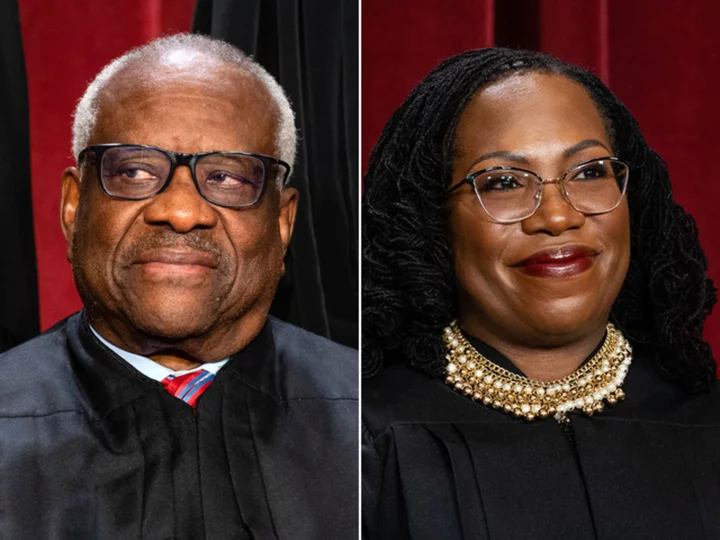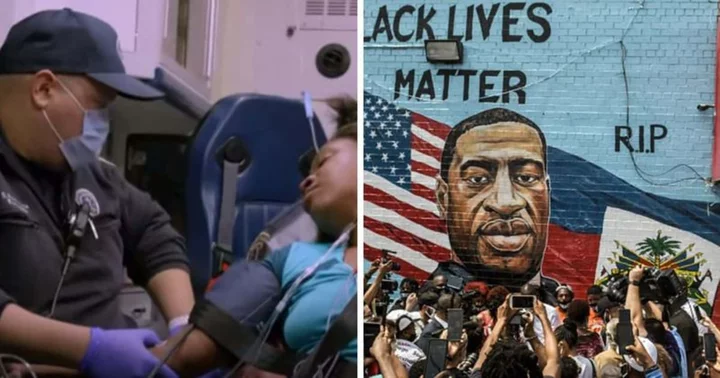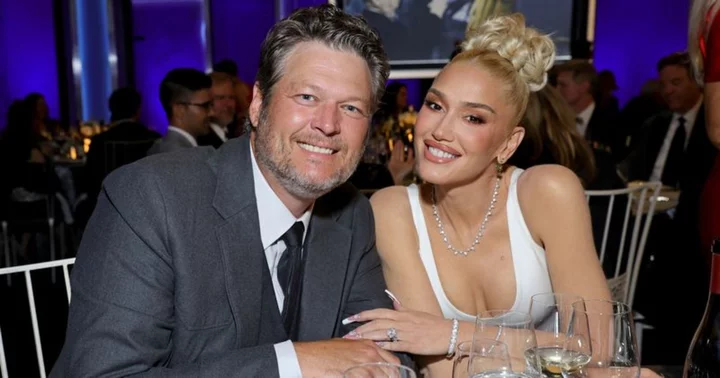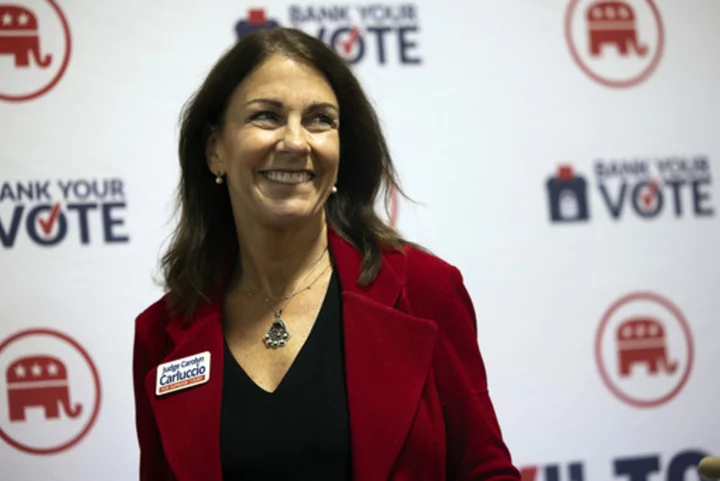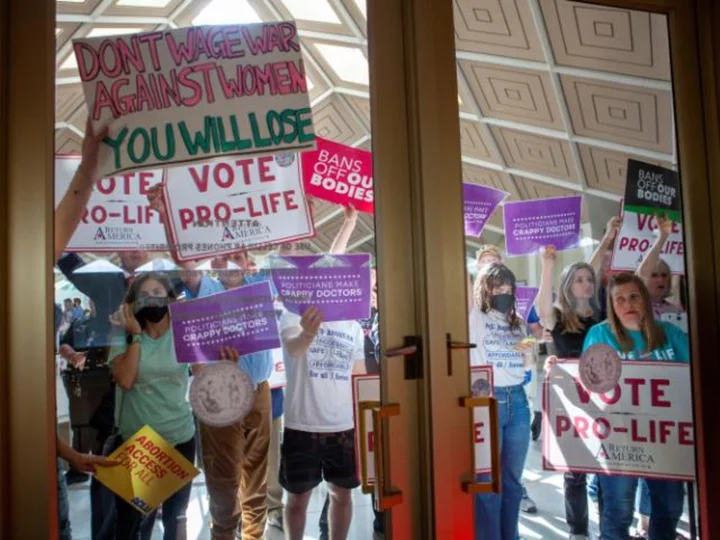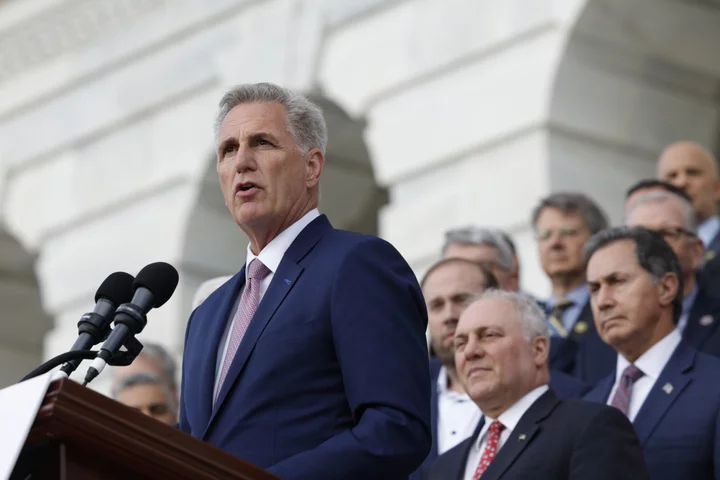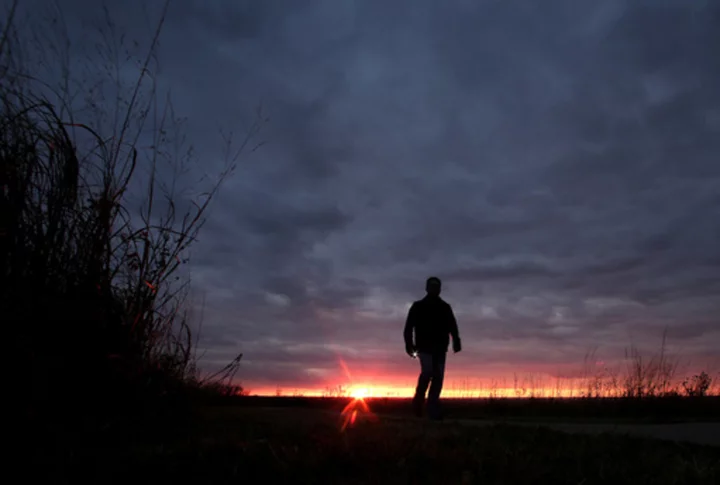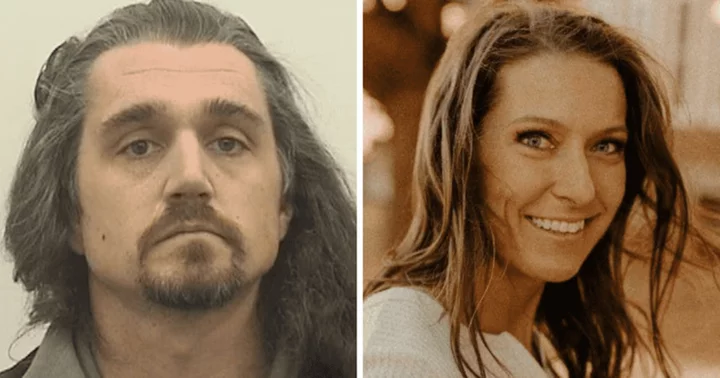The Supreme Court's landmark ruling Thursday on affirmative action pitted its two Black justices against each other, with the ideologically opposed jurists employing unusually sharp language attacking each other by name.
The majority opinion authored by Chief Justice John Roberts said colleges and universities can no longer take race into consideration as a specific basis for granting admission, saying programs at Harvard and the University of North Carolina violated the Equal Protection Clause because they failed to offer "measurable" objectives to justify the use of race.
Justice Clarence Thomas and the court's other four conservatives joined Roberts' opinion. But Thomas, who in 1991 became the second Black person to ascend to the nation's highest court, issued a lengthy concurrence that attacked such admissions programs and tore into arguments posited by liberal Justice Ketanji Brown Jackson, the first Black woman to join the court, who penned her own fiery dissent in the case.
Thomas has previously acknowledged that he made it to Yale Law School because of affirmative action, but he has long criticized such policies. He spoke in personal terms in his concurrence as he put forth his argument against the use of the policies, which he described as "rudderless, race-based preferences designed to ensure a particular racial mix in their entering classes."
"Even in the segregated South where I grew up, individuals were not the sum of their skin color," Thomas wrote.
"While I am painfully aware of the social and economic ravages which have befallen my race and all who suffer discrimination," he added, "I hold out enduring hope that this country will live up to its principles so clearly enunciated in the Declaration of Independence and the Constitution of the United States: that all men are created equal, are equal citizens, and must be treated equally before the law."
As he read his concurrence from the bench on Thursday, Jackson, who joined the court last year, stared blankly ahead. Though Justice Sonia Sotomayor read her dissent from the bench, Jackson did not read her own dissent, in which she went after Thomas' concurrence and accused the majority of having a "let-them-eat-cake obliviousness" in how the ruling announced "'colorblindness for all' by legal fiat."
A footnote near the end of Jackson's dissent went after the concurrence by Thomas, with the liberal justice accusing her colleague of demonstrating "an obsession with race consciousness that far outstrips my or UNC's holistic understanding that race can be a factor that affects applicants' unique life experiences."
"Justice Thomas ignites too many more straw men to list, or fully extinguish, here," Jackson wrote. "The takeaway is that those who demand that no one think about race (a classic pink-elephant paradox) refuse to see, much less solve for, the elephant in the room -- the race-linked disparities that continue to impede achievement of our great Nation's full potential."
In her broader dissent, Jackson said that the argument made by the challengers that affirmative action programs are unfair "blinks both history and reality in ways too numerous to count."
"But the response is simple: Our country has never been colorblind," Jackson said.
(While Jackson recused herself from the Harvard case, she did hear the UNC case, and her dissent was focused on the latter.)
Thomas then explicitly attacks Jackson's opinion.
"As she sees things, we are all inexorably trapped in a fundamentally racist society, with the original sin of slavery and the historical subjugation of black Americans still determining our lives today," Thomas wrote.
"Worse still, Justice Jackson uses her broad observations about statistical relationships between race and select measures of health, wealth, and well-being to label all blacks as victims," Thomas wrote at another point in his concurrence. "Her desire to do so is unfathomable to me."
A 'fifteen-cent' law degree
Thomas, one of the court's most conservative members, has long been known for his distaste for affirmative action policies. He has been open about the fact that he made it to Yale because of affirmative action, but says the stigma of preferential treatment made it difficult for him to find a job after college.
In his memoir, "My Grandfather's Son," Thomas says he felt "tricked" by paternalistic Whites at Yale who recruited Black students.
"After graduating from Yale, I met a black alumnus of the University of Michigan Law School who told me that he'd made a point of not mentioning his race on his application. I wished with all my heart that I'd done the same," he wrote.
"I learned the hard way that a law degree from Yale meant one thing for White graduates and another for blacks, no matter how much anyone denied it," Thomas wrote. "As a symbol of my disillusionment, I peeled a fifteen-cent price sticker off a package of cigars and stuck it one the frame of my law degree to remind myself of the mistake I'd made by going to Yale."
He dissented in the 2003 case Grutter v. Bollinger, which allowed for the limited use of race in college admissions.
"I believe blacks can achieve in every avenue of American life without the meddling of university administrators," he wrote in his dissent.

